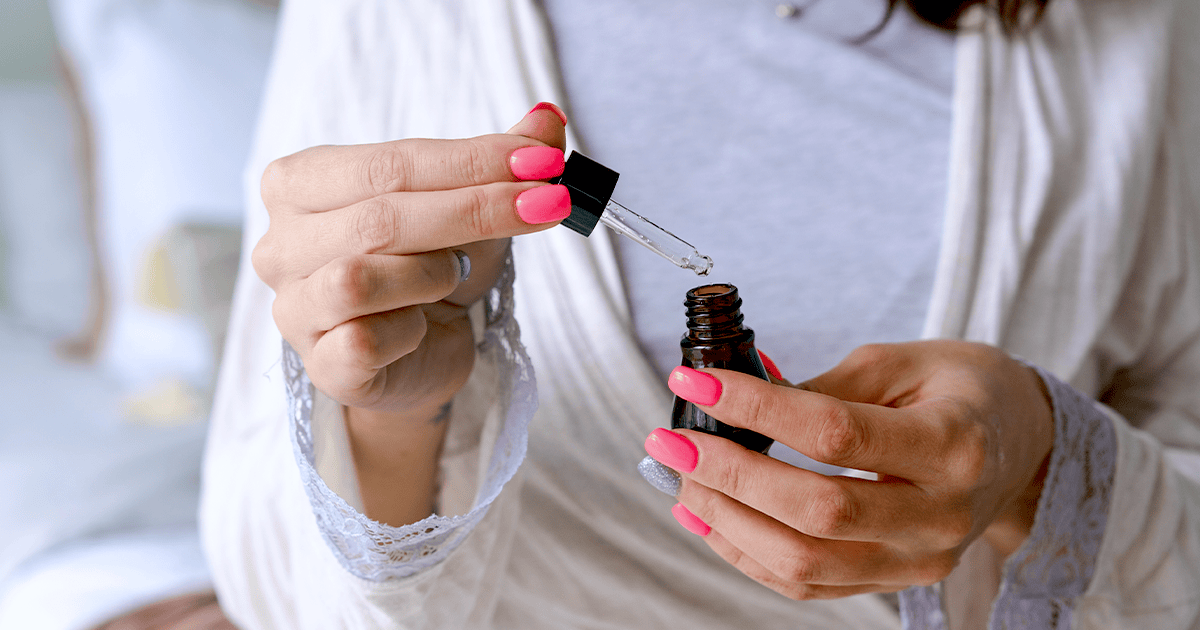The problem…
“My 13-year-old son is going through a bad patch. He thinks he’s ugly and skinny and refuses to see anything positive about himself and his life.
“I’m worried that he’s starting to get obsessive about his looks, and that he might end up with anorexia or something. Is there something I can do to stop him being like this?”
Fiona says…
“Unfortunately, images on social media raise unrealistic expectations in young people as to what they should look and be like. In addition, they are subject to peer pressure to conform to certain stereotypes and anyone who is ‘different’ can be singled out for criticism.
“It is certainly possible for boys to experience anorexia. Another condition is body dysmorphic disorder.
Rather than trying to lose weight, people experiencing this may also be trying to build more muscle and bulk.
It doesn’t sound like he’s heading in that direction right now, but it’s worth keeping in mind because whilst it’s not always as easy to spot as anorexia, it can be just as unhealthy.
Encourage him to build his self-esteem from within…
“Whilst it’s important for all parents to be aware of these things, it’s also very common for young people go through a phase, when they are unhappy about the way they look, and adolescence is a time filled with self-doubt.
You can help your son though, if you encourage him to build his self-esteem from within, as confidence will make him better able to deal with peer pressure and cope with the inevitable setbacks of life.
“There are several steps you could go through with him that will hopefully help.
Start by helping to see ways in which he can boost his sense of achievement that don’t involve how he looks – and life isn’t about success and failure, it’s much more nuanced than that.
There are things he will be good at, and things where he could improve; we all need to learn that it’s possible to accept flaws while also striving to become better.
Encourage him to see that we can’t always control results, but we can put in the effort – so rather than praising a win, praise the training that’s gone into getting there.
“Learning some healthy assertiveness can he helpful too.
Allow your son choices and help him to recognise he has rights, particularly where something makes him feel uncomfortable.
Help him practice saying no to things he really doesn’t want to do – even if that can make your life a little more difficult!
“Whilst he may feel afraid of failure – as do many teens – trying new activities and challenges can help his confidence to grow, especially when he finds there’s a hidden talent he hadn’t expected!
“Remember too, how much of a role model you are for your child. If you are constantly putting yourself down, you can expect him to follow suit – so show him how you positively face up to new situations and challenges.
If he’s into social media, make sure he understands that true self-worth is nothing to do with how many ‘friends’ or ‘followers’ you have online, nor is it the number of ‘likes’ to a posting.
What’s much more important is how positive he feels about himself and how kind and caring he is to others.
“Finally, remember his self-confidence won’t shine if you try and restrict him and manage his affairs for him.
We all need to learn from our own mistakes, and he needs to experience the consequences of the decisions he makes.
For you, it’s a balance between giving him the freedom to fly, and the guidance to build and maintain the wings he needs to do so.”
If you have a problem you need help with, email Fiona by writing to help@askfiona.net for advice.
All letters are treated in complete confidence and, to protect this privacy, Fiona is unable to pass on your messages to other readers.
Fiona regrets that she cannot enter into personal correspondence.





